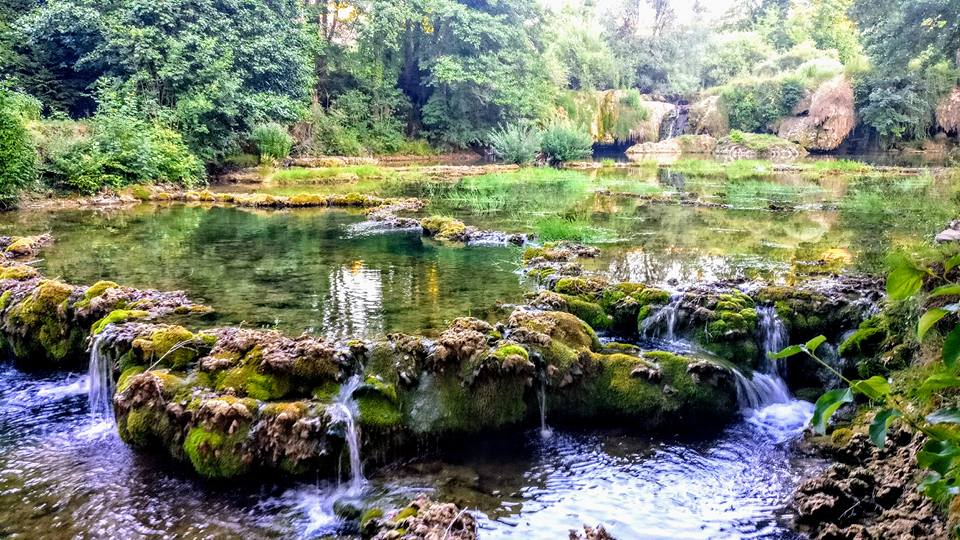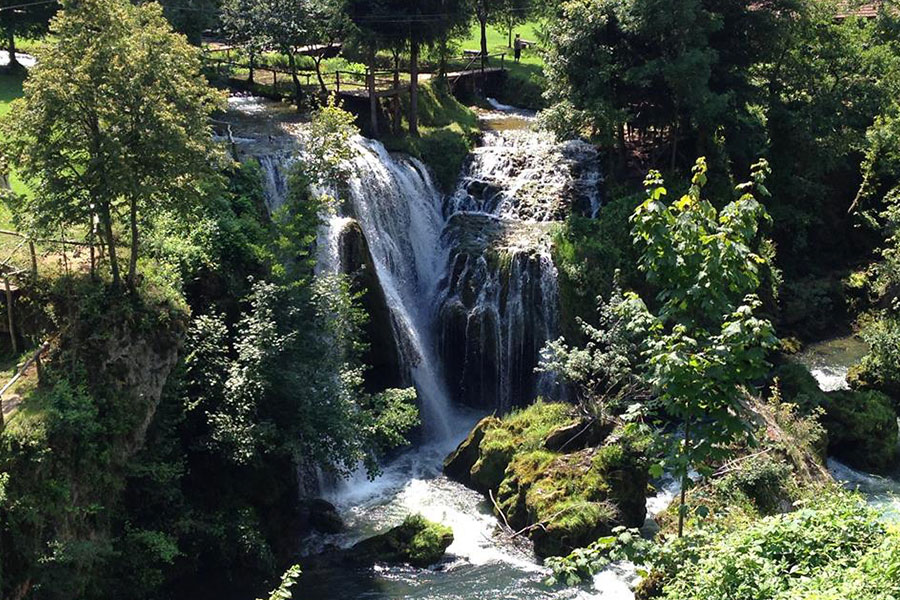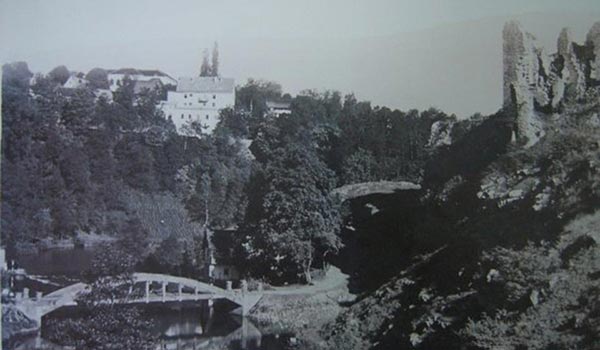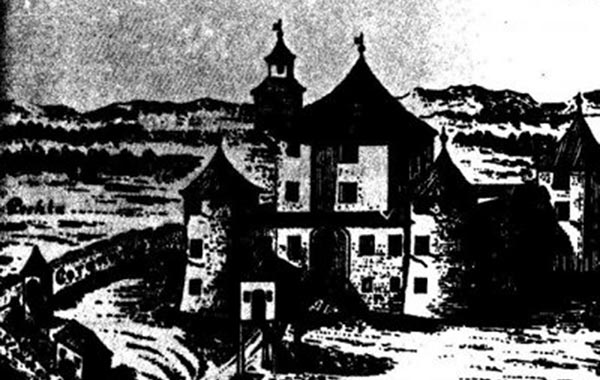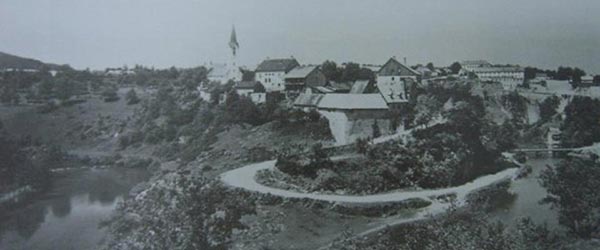Watermill village settlement settled on a place where the Slunjčica blue-green water flows into the river Korana. The largest number of dwellings was built at the end of the 19th and early 20th centuries. Because of its remarkable natural beauty and historical tradition, Rastoke as a settlement was listed in 1962 under the protection of the State Administration for the Protection of Cultural and Historical Heritage.
Many ancient civilizations as well as modern urban environments testify that water has always attracted man to seek his own boon on its shores.
Thousands of years have led the waters of the Korana River and Slunjčica River and their wildlife and wildlife defeated the natural laws, and as a result of that struggle, in this limestone plateau, incited the infinite natural wealth of the man, the canyon of the Korana River and Slunjčica.
Concerning this natural phenomenon, precisely in this area, on the “roasted” terrain, the place where the Slunjčica rivers flow into several lanes, leaving among themselves little elevations in the form of waterfalls, man built a settlement called RASTOKE. There he has found his benefit and as such has become its integral part and inseparable blend of nature and man.
Rastoke is a village of ambience and authentic architectural heritage dating back to the 17th century, although some people think this happened earlier.
The largest number of dwellings was built at the end of the 19th and early 20th centuries.
The Rastoke was always a lively place. Wheat was harvested and milled from the nearby villages on a daily basis. Since the place is located on the main road – the link between southern and northern Croatia was the intersection of various collectors and stockbrokers. A rich place of warlike storms and many other social troubles destroyed them and always returned to the beginning.
Even though people had to leave, nature always remained and defied its peculiarity.
During the Homeland War the Rastoke were completely destroyed and devastated. They were renewed with the help of the Ministry of Reconstruction and Development.



